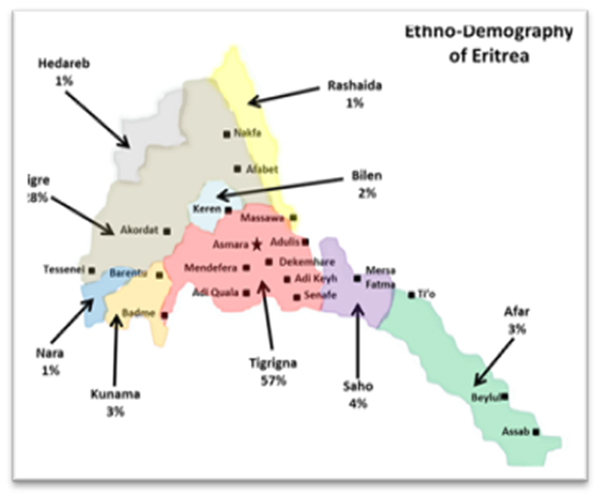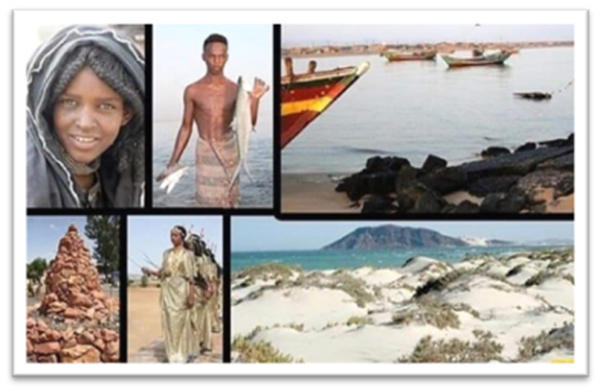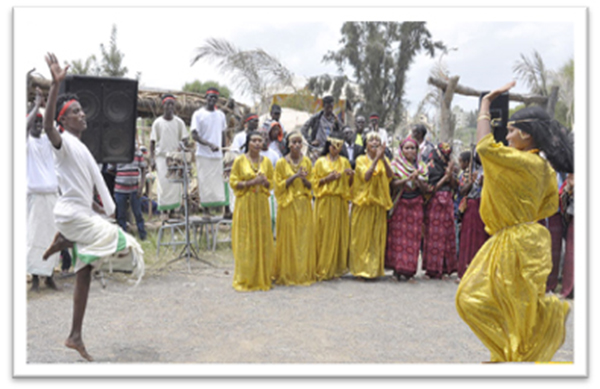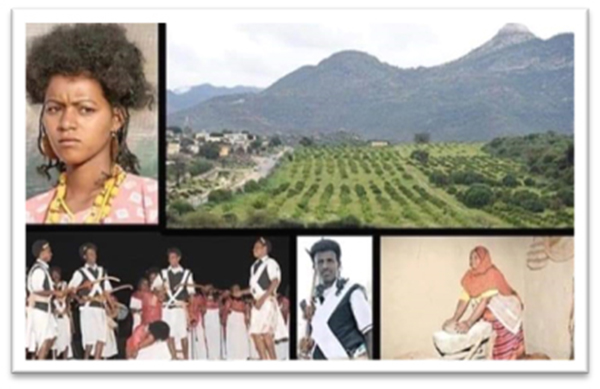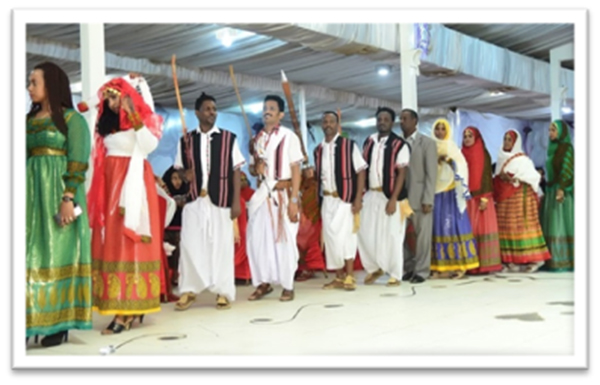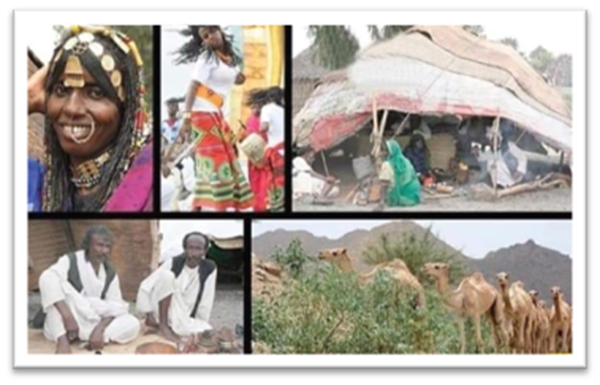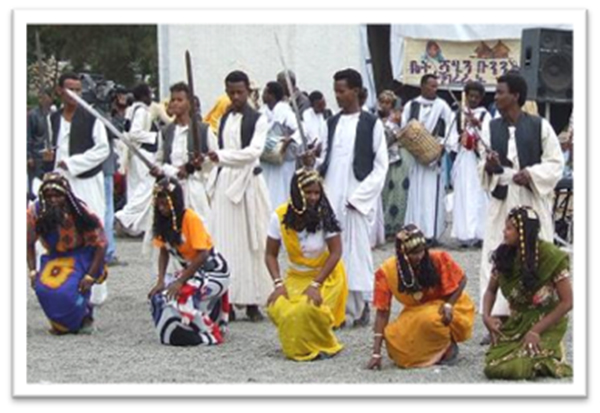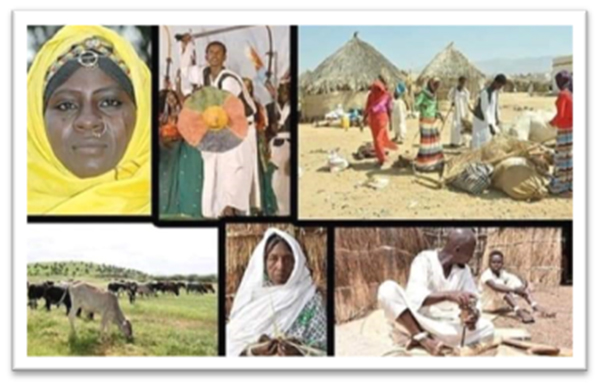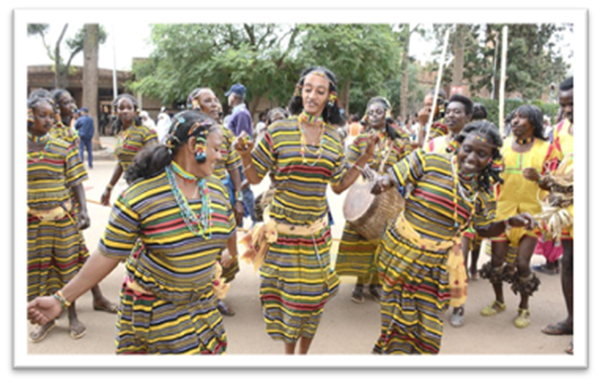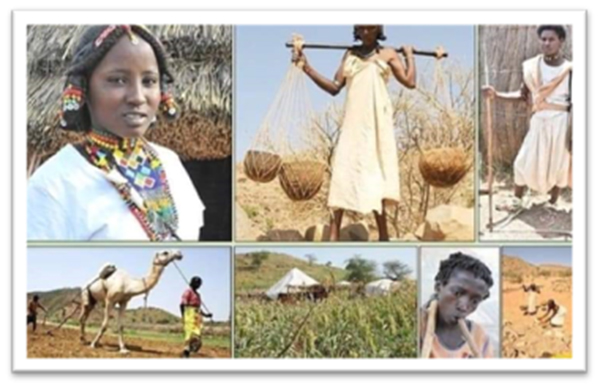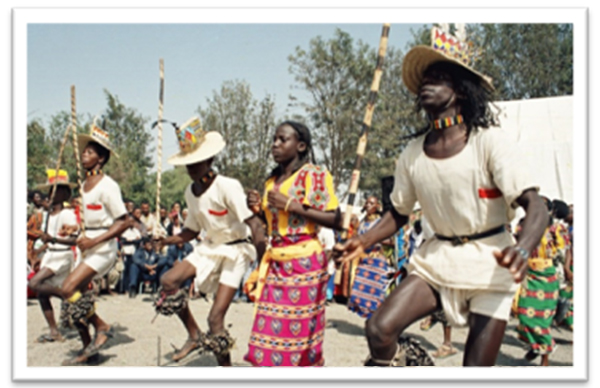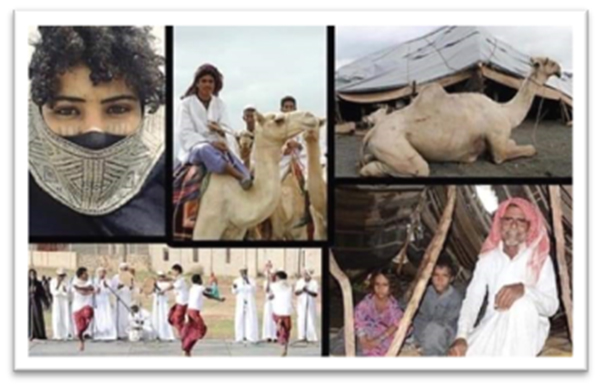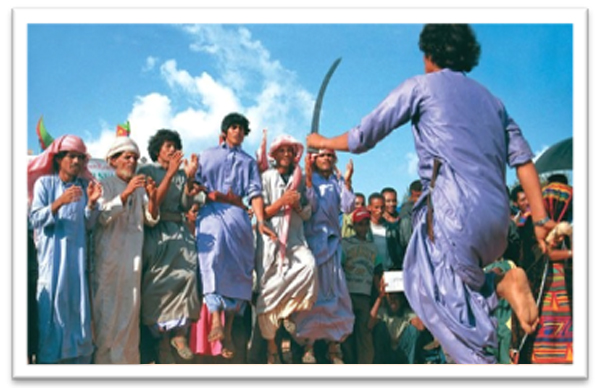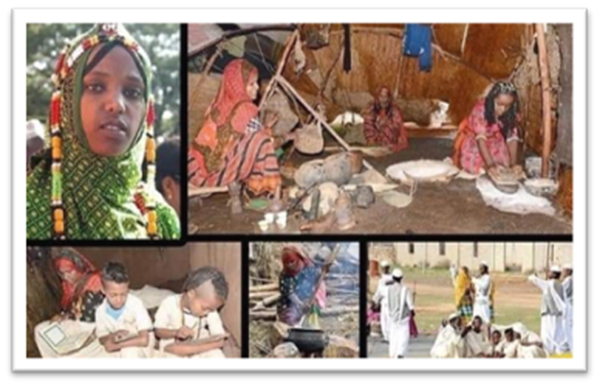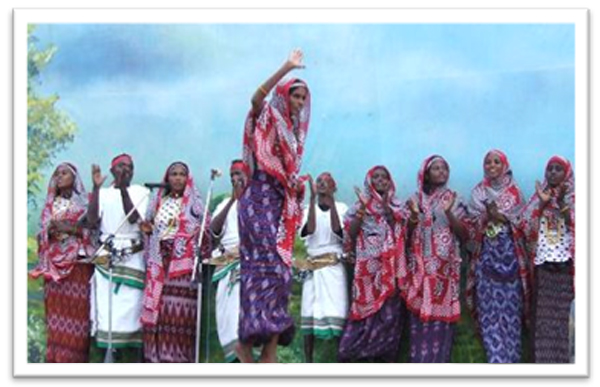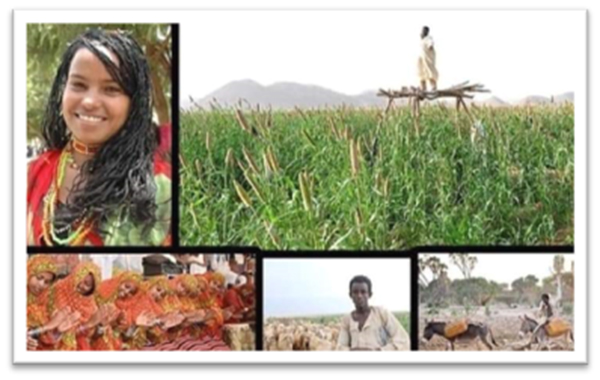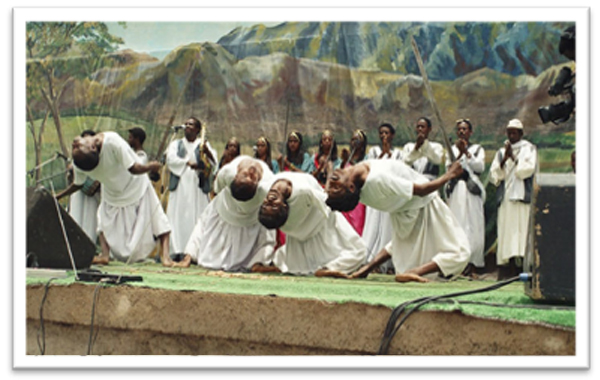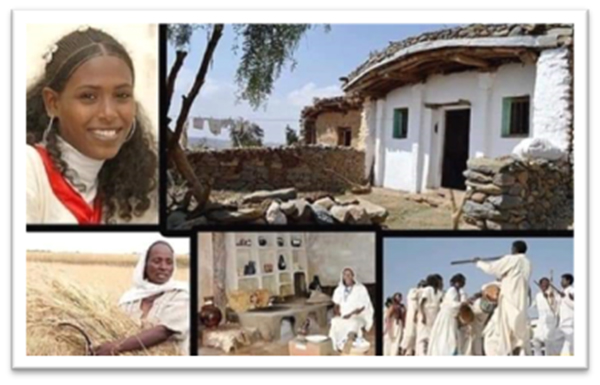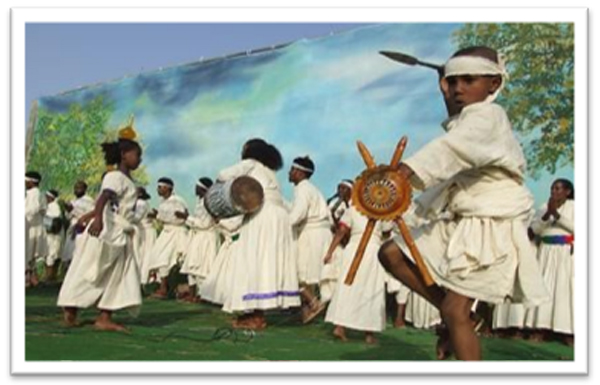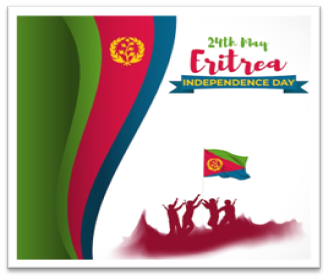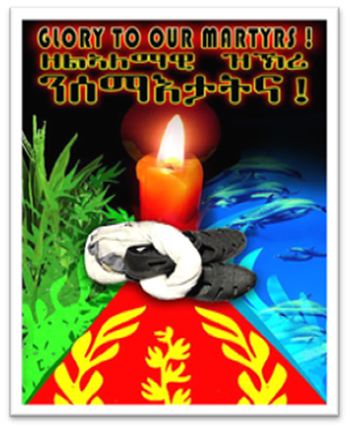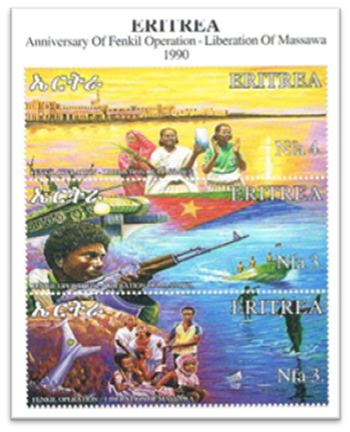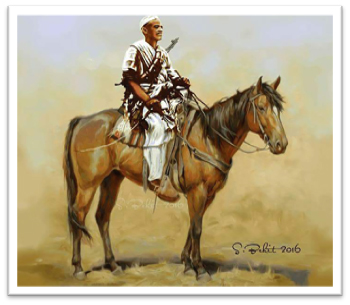Eritrean-Australian Community in Gold Coast, Queensland
We are the Eritrean-Australian Community in Gold Coast, Queensland! As a vibrant and engaged community, we are dedicated to providing essential services and support to newcomers in our area.
Our community is comprised of Eritrean-Australian who have made Gold Coast their home, bringing with them a rich tapestry of culture, tradition, and experience. We are proud to contribute to the diversity and vibrancy of the Gold Coast community.
At the heart of our mission is a commitment to welcoming and assisting newcomers to settle into their new lives in Australia. We understand the challenges and opportunities that come with starting afresh in a new country, and we are here to offer guidance, support, and friendship every step of the way.
Through our community services, we provide a range of support programs tailored to the needs of new arrivals. From assistance with housing and employment to language classes and cultural orientation, we strive to empower individuals and families to thrive in their new environment.
As active participants in the Gold Coast community, we are dedicated to fostering understanding, collaboration, and mutual respect among all members of society. We believe in the strength of diversity and the power of unity in building a vibrant and inclusive community for all.


